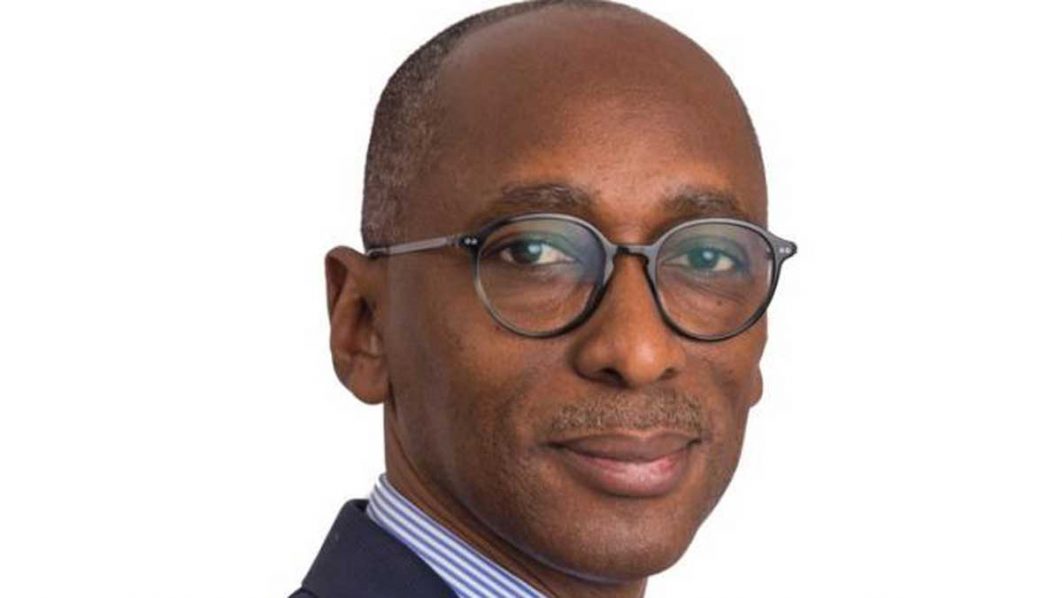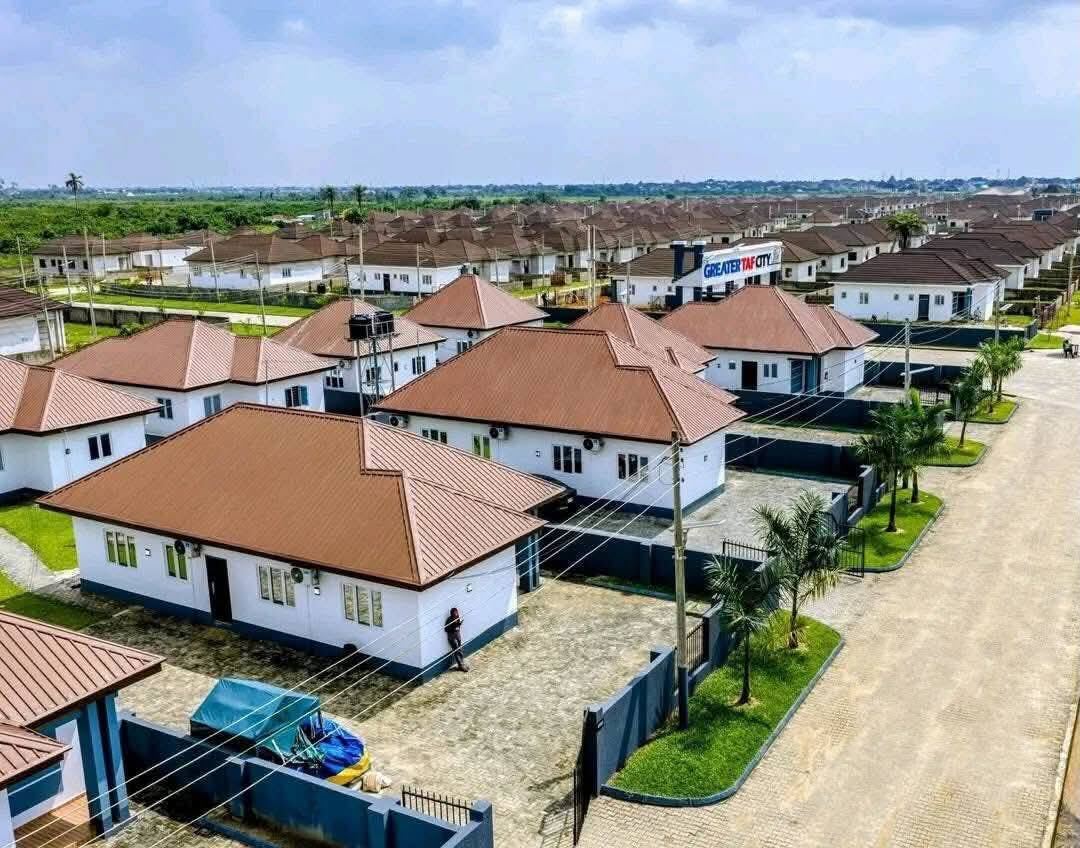
Towards a viable and sustainable economic growth and rapid transformation using science, technology and innovation instruments, experts have called for the domestication of Executive Order No. 5 (EO5) in the states.
An executive member of the Nigerian Society of Engineers (NSE), Ibrahim Dikko, made the call at a webinar titled: ‘Executive Order 5: An end to foreign domination and boosting indigenous capacity in engineering and technology in Nigeria and its challenges’, organised by the Association of Professional Women Engineers of Nigeria (APWEN) Lagos chapter.
He said the executive Order should be sponsored as a bill at the National Assembly and when passed, and signed by the President, it will become an Act.
Dikko said it behoves on practitioners to study the provisions of the Order and point out infractions in the award of contracts across the country, especially those with engineering businesses.
He stressed that engineers should ensure that the order is translated into an Act. The thrust of (EO5) is the recognition of the vital role of science, technology and innovation in national economic development, particularly in promoting Made in Nigeria Goods and Services.
The order signed by ex-President Muhammadu Buhari, in 2018, centres on harnessing domestic talents and the development of indigenous capacity in science and engineering for the promotion of technological innovation needed to drive national competitiveness, productivity and economic activities.
Essentially, the E05 is designed to protect Nigerian professional engineers against foreign dominance in the execution of projects, thus promoting local content. The Order further states that procuring entities shall give preference to Nigerian companies and firms in the award of contracts, in line with the Public Procurement Act 2007.
Where expertise is lacking, procurement shall give preference to foreign companies or firms with demonstrable and verifiable plans for indigenous capacity development, before the award of such contracts.
He said the federal and state governments should set up a monitoring mechanism to ensure strict compliance with this directive by the Ministries, Departments and Agencies to achieve the objective of empowering indigenous engineers, boosting Nigerian content in contract procurement, design and execution and at the same time improve the socio-economic development of the country.
“We have to walk the talk and monitor the implementation of this Order in Ministries, Departments and Agencies (MPAs) in federal and state governments. COREN via its recently amended Act CAP 2004 as Amended (2018) has been properly equipped to deal with infractions in the implementation of the Executive Order and Provisions of Public Procurement Agencies in some states of the federation,” Dikko said.
He further advised that NSE leadership and others under COREN umbrella should work closely with relevant authorities of government to ensure effective implementation of the Order and compliance with other guidelines in contract award, consultancy services, contracting, procurement and where such order is being flouted, they should make formal complaints to COREN.
Chairman, Lagos chapter of the Association of Professional Women Engineers of Nigeria (APWEN), Atinuke Owolabi, said indigenous engineers must improve on capacity development to be able to compete with foreign engineering firms.
Owolabi pointed out that engineers must be able to show through their documentation that they are competent to handle projects. Chairman, NSE Lagos branch, Mrs Olukoyede Keisha, advised engineers to take their demand beyond talk to legislation, and move away from a ‘no action, talk only’ posture to issues, which is not the best approach for practitioners. She challenged engineers to wake up if they must play a rightful role in the industrial development of the country.
According to her, engineers must form formidable consortium to get jobs rather than operating as individual firms. Olukorede who doubles as the Federal Controller of Works, Lagos, said there was a need to realign the educational system, as what is being taught is not what is obtainable in the industry.
“Engineers must be ready to compete by developing the needed capacity for the industry, meeting the criteria needed by foreign firms. As a society, we need to engage young professionals to focus attention on capacity development. We need to talk to universities; and secondary schools by sensitising them on the skills employers are looking for,” she said.






